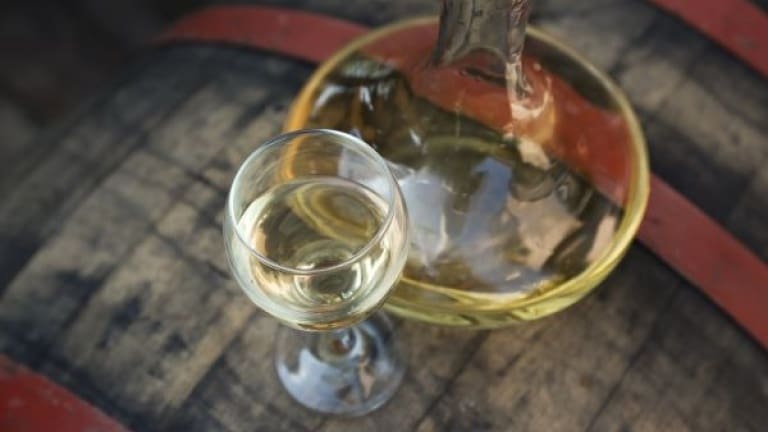Wine decanter: what is it for, how to use it and which wines you should never decant

The “wine decanter” is a tool used to help wine tasting, a carafe in which to pour the wine to make it air better, thanks to its particular shape that allows the liquid to rotate.
This is a classic and indifferent definition, but it contains an error or rather a very dangerous pitfall. Not all wines should be shaken or oxygenated in such a violent way, especially aged reds. In principle, we can say that oxygen (and the oxidation that follows it)
Let’s immediately dispel the great myth: the decanter is not needed, it is a stylish and elegant object, which may be in restaurants it makes sense to find for aesthetic reasons, but on a practical level it doesn’t need much.
Indeed, most of the time it is harmful, as many beginners have destroyed noble-aged red wines, putting them in the decanter and then torturing them with hysterical oscillations.
In a restaurant a wine served in a decanter is acceptable, at home if you want to impress your guests by exhibiting elegant decanters in blown stellar dust glass that’s fine, but be aware that the oxygenation that the wine undergoes in the glass is much more gradual and therefore indicated to be able to taste the wine impeccably.
Wine Decanter: enemy of red wines?

This is the danger of the decanter when used by inexperienced hands. We are not opposed to the use of the decanter a priori, but you need to know how to use it with full knowledge of the facts.
If we talk about aged, precious and noble red wines such as a Sassicaia from 68 and great Barolos from 2004, the decanter should be considered as a carafe in which to pour wine only and exclusively if there are residues.
Take the bottle, which must have been placed vertically at least 3 hours before, uncork it, clean the rim and then slowly pour it into a carafe or decanter, holding a light behind the bottle, to help you in this delicate operation. This is the primary function of the decanter, but forget to rotate it, it is as if it were still inside the bottle.
The purpose of the decanter is to oxygenate the wine, revive it after a long sleep in the bottle, but this function is also performed very well by a simple glass. Indeed, the oxygenation that occurs in the glass is infinitely more suitable. Slow and gradual, it allows you to savor all the changes in the wine with your nose.
First, it is closed and backward, then slowly it opens and it is the hardest aromas that emerge, but over time it warms up and the more spicy aromas give way to more delicate, floral and fruity ones.
Is the decanter good only for white wine?

There is only one case in which the decanter can really help you, making wine better. If you uncork a young wine, both red and white, and feel a little reduction, if the wine is very shy and closed, the decanter can help you open it with more intense oxygenation.
This does not mean that you must use the decanter as a shaker, always respect the wine and remember that it is a living creature and that if you mistreat it you will kill it and with it, even the perfumes go away.
So in the end, use the decanter, but when a wine is over 30 years old, pour it to eliminate the base, but do not abuse it. If the wine is over 40 years old usually, contact with oxygen will kill it in a few hours, so if you shake it in the decanter, the sudden oxygenation and sudden movements will crumble it even before putting it in the glass.
These noble wines deserve a couple of hours of your life: pour a drop in the glass and then let them tell you their story, how and where they lived. Aged wines are like tales, stories of the earth and should be read calmly, flipping through sip after sip.
How to wash your precious crystal decanter?
One of the most compelling issues that gravitate around this shining topic is washing: how should it be washed? With great care, use warm water and mild, odor-free soap. At most, you can use alcohol and water, but then remember to dry it thoroughly and leave it upside down before storing it away.
It seems trivial, but unless you use the decanter every day to oxygenate the cappuccino, once used it risks remaining for several days with residues that will then cause apocalyptic damage. Blending expensive wines and detergents is never pleasant…
